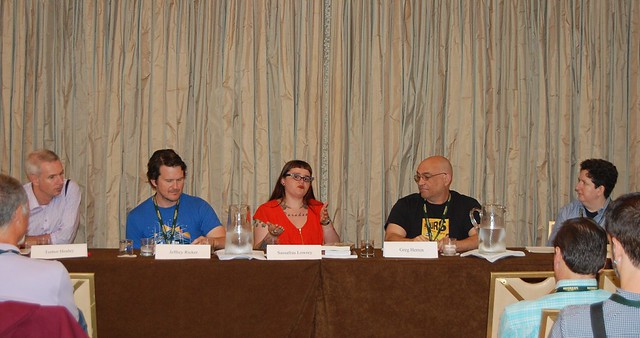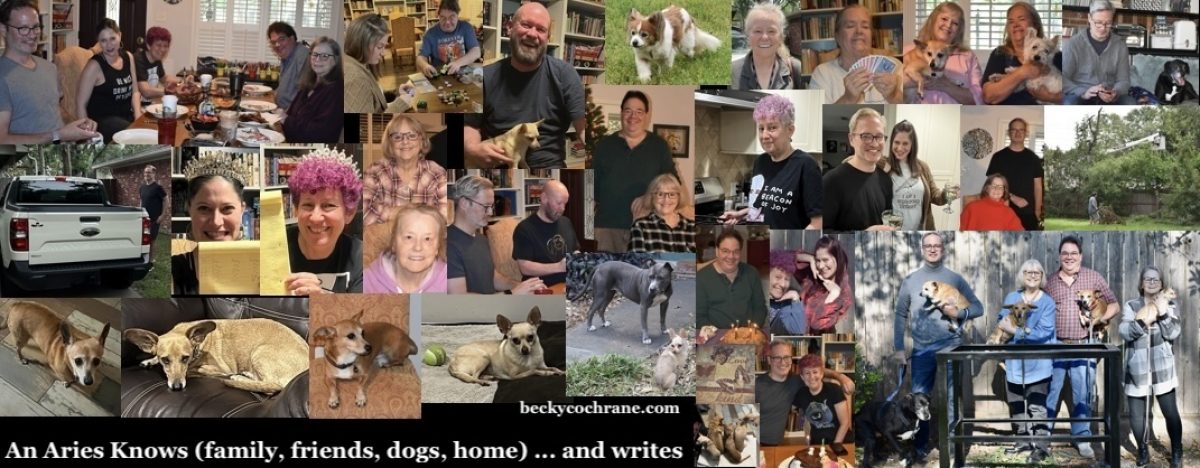The panel “Young Adult vs. New Adult: The Complications of Writing for Teens and Tweens” was moderated by Ruth Sternglantz (and as much as I enjoyed her perspective and comments, I also relish her last name, perfect for either a teacher or an editor, I think). The panelists were Trebor Healey (Through It Came Bright Colors; A Horse Named Sorrow; Faun; Sweet Son of Pan), Jeffrey Ricker (Detours; The Unwanted), Sassafras Lowrey (Kicked Out; Roving Pack), and Greg Herren (Sleeping Angel; Timothy).

Though I haven’t written anything specifically for the young adult market, Tim pointed out that we were sometimes writing to a market we weren’t even aware of: the “new adult” market. In this category, protagonists tend to fall within the 18-25 age bracket, and readers are older teens and twenty somethings.
I think when I was myself a young reader, I jumped from tween books to the new adult and beyond categories. Most of the books that were targeted at teens when I was one either bored me (many of them literary classics which I read later as an adult with greater appreciation), or they just rang false. Often they were like the sermons directed toward teenagers in the uber fundamentalist churches I attended–they were meant to scare the hell out of us with horrifying but vague anecdotes–or they were like TV shows that just couldn’t get youth right (“Dragnet’s” hippies come to mind). Since I was the youngest of the voracious readers in our household, there was an abundance of fiction for older readers, and that’s what I read. As a teacher, I taught only literary fiction. Though later, as a bookseller, I became aware of popular middle grade and young adult fiction, I still didn’t read it.
All that is to say it’s not something I know a lot about. As the panelists talked about how to get it right for younger readers, I was struck by one comment: It isn’t the kids who can’t handle frank depictions of sexuality in books, it’s the adults. I won’t go into a rant here about that–and don’t think I couldn’t!–but I will say that I don’t believe things have changed much from my early years in the Paleolithic Age to now in how parents react to what their kids are reading.
I applaud those writers who are weaving good stories around the issues that teenagers and young adults grapple with: loss of innocence, bullying (in social media, schools, and elsewhere), sexuality, teen suicide, family struggles, depression, substance abuse, new relationships, and financial difficulties. As grim as all that sounds, I’m pretty sure the stories also have humor, friendship, romance, and fun, because they’re written by and for real people.

I can’t even remember what it was like to be a teenager.
I remember it vividly. Inside, I’m still one.